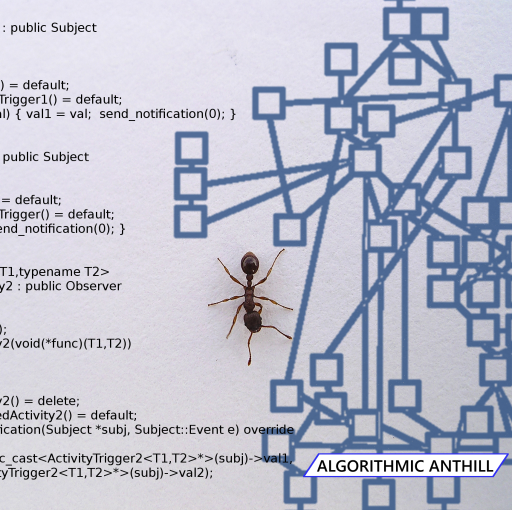Talking about story-length can be like asking “How long is a piece of string?”
Work flows back and forth between optimising the Argus engine and working on the showcase story, SNAFU. SNAFU’s up to 135,000+ words now, and that’s more than 13,000 lines of script.
I have a testing mode that allows the story to run without the requirement for a human user. The actors perform their scenes, and make their choices, until the system runs out of story for everyone. Everything that happens gets written out to a log, where I can check each actor’s personal narratives.
That takes about a second and a half. It takes longer to load the story from the disk than it takes to process it all to completion.
I guess the optimising efforts have not been wasted, though I have somewhat mixed feelings about all the effort in content-creation resulting in such a short unattended runtime.
On the other hand, if you’re actually reading the story, things work out quite a bit differently. Narrative arcs are funny like that.
Some of the characters jump right in at Chapter One, or get only a few dozen lines of prologue before the title-card for the first Chapter appears on-screen. Other characters, well, four of them have more involved story arcs, resulting in about an hour and a half of prologue (and choices) before they even get to the first Chapter of the story.
That’s a fair bit of disparity.
Probably, at the end of the day, it is going to turn out that some characters will simply wind up with shorter stories than other characters. Right now, I’m not actually going to bet on exactly who, because my preliminary expectations in that regard have already been overturned more than once.
Characters tend to surprise you when you’re writing. When you’re actually in the throes of writing something with a kinetic style (discrete chunks of text presented sequentially to the user), there can be a lot more immediacy in the narrative. That works both ways, and it means that characters can suddenly display surprising opinions, bits of background, or qualities that you just plain didn’t know they had until the moment that it spills out.
“All good stories are about people” – I confess I have no idea who said that, but I’ve always remembered that statement, and it is true.
Good stories are about people, not about events. Good stories certainly contain events, but it isn’t the events that are as important as how the people in the story react to them.
As a classic example, good war stories are never about the war itself. They’re about what people did during the war. Subtle difference.
So, SNAFU has more than one story going on. One of those stories is the actual sequence of events that take place. I know (more or less) all of the ways that that story can work out. Having that story turn out a particular way is probably beyond the power of any single character to absolutely determine (that includes the human making choices at run-time). Each character’s choices will contribute to the final direction of events, and only one of those will be you, the human.
The other story is yours, as one of the characters in the larger framework. You make choices that may influence (but not control) the outcome of events, but your choices produce the narrative for your character (again, not completely under your control, as which situations, story-arcs and choices crop up depend a lot on the choices other characters make).
Those individual character narratives are more or less writing themselves as I go along.
How long is that piece of string? That’s a damn fine question. Some will doubtless be longer (perhaps much longer) than others, but there’s going to be a whole lot of reading.
